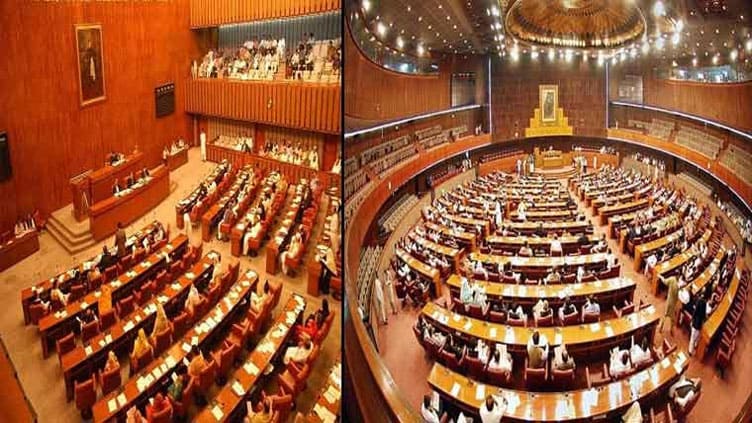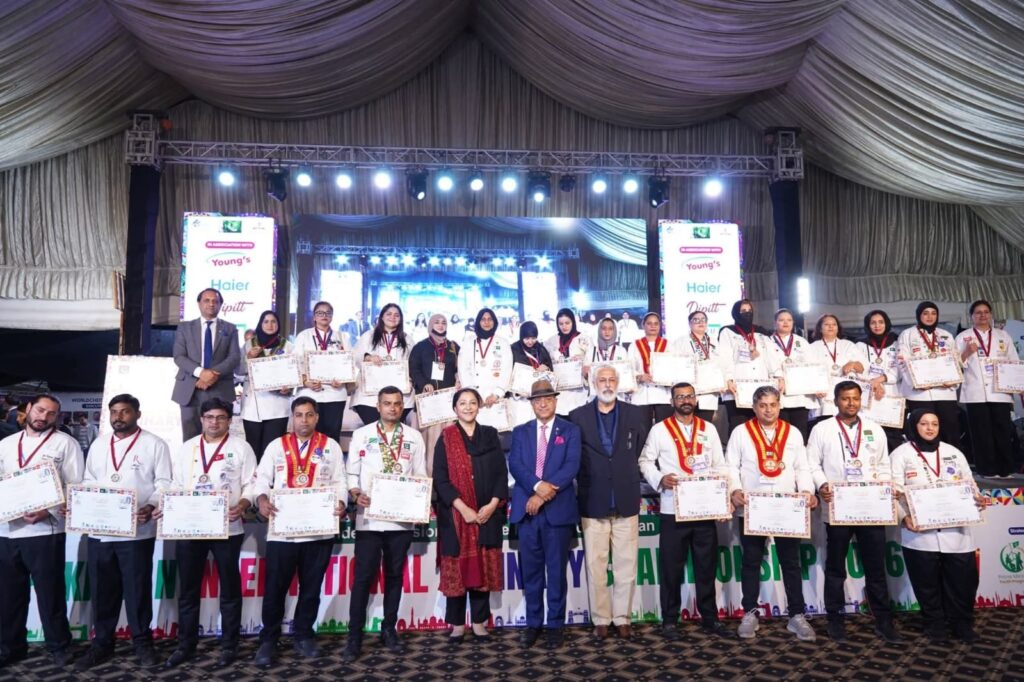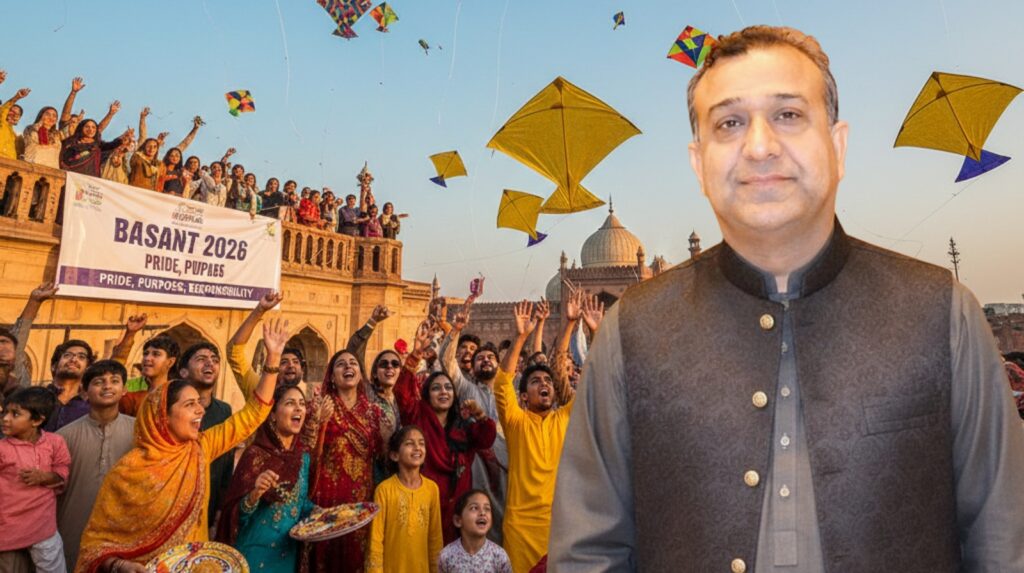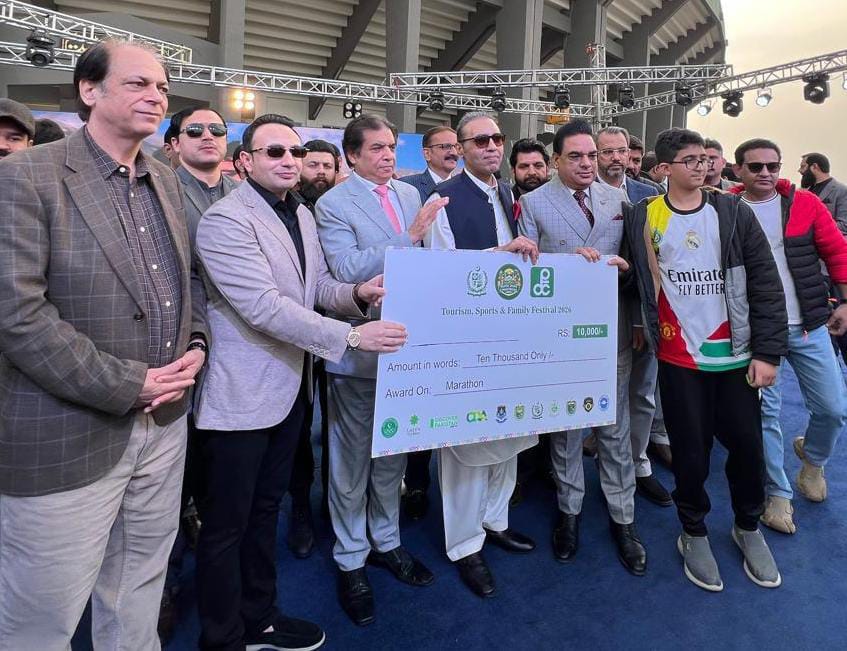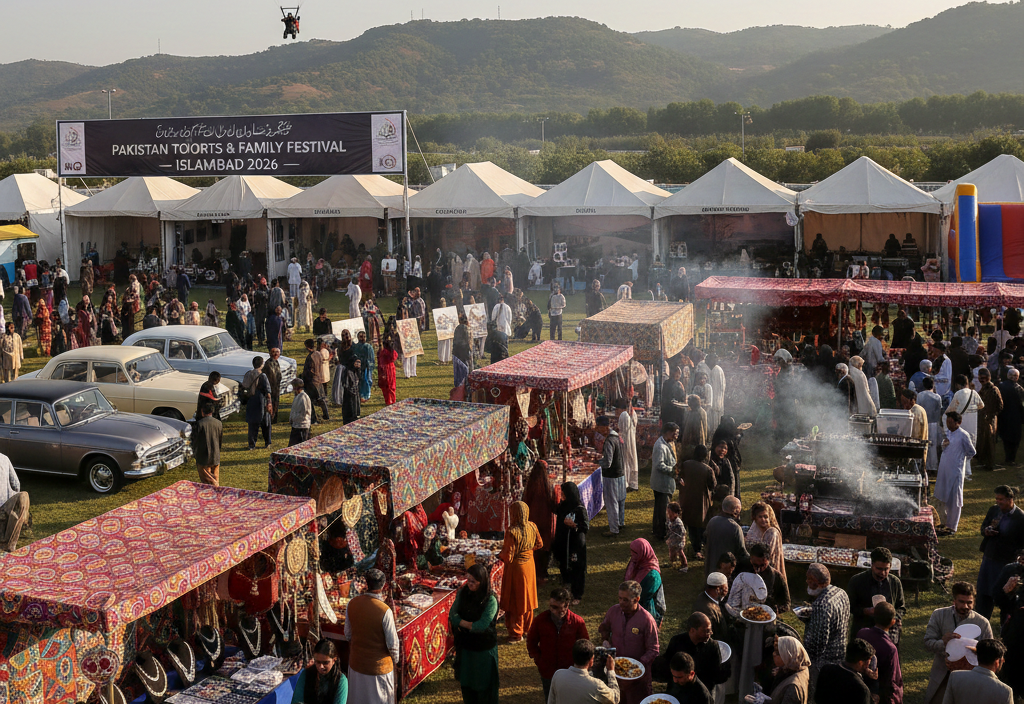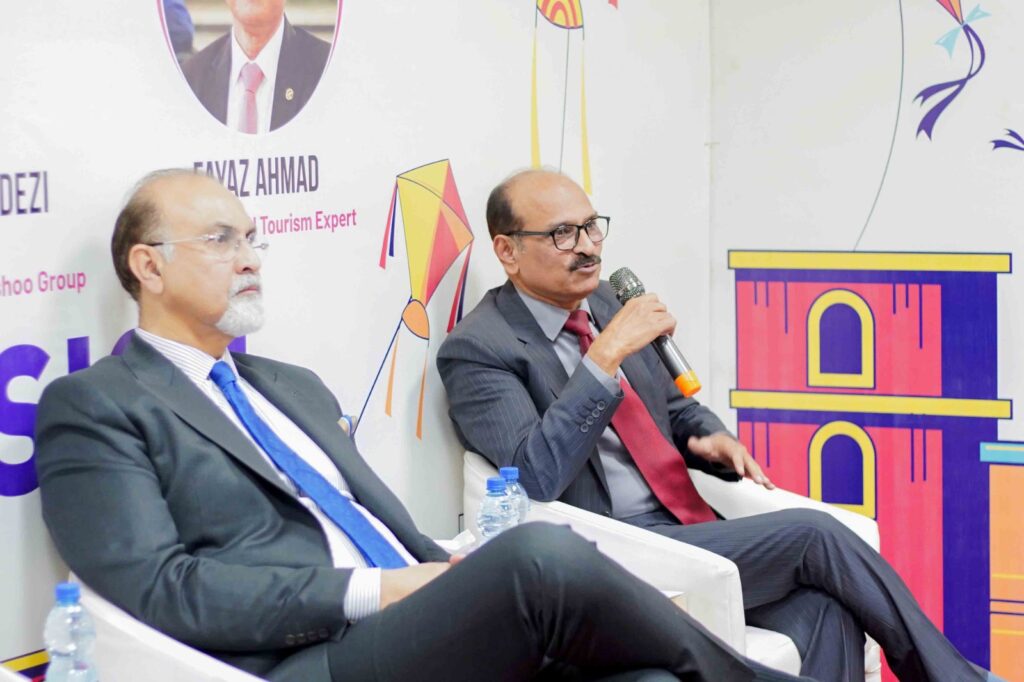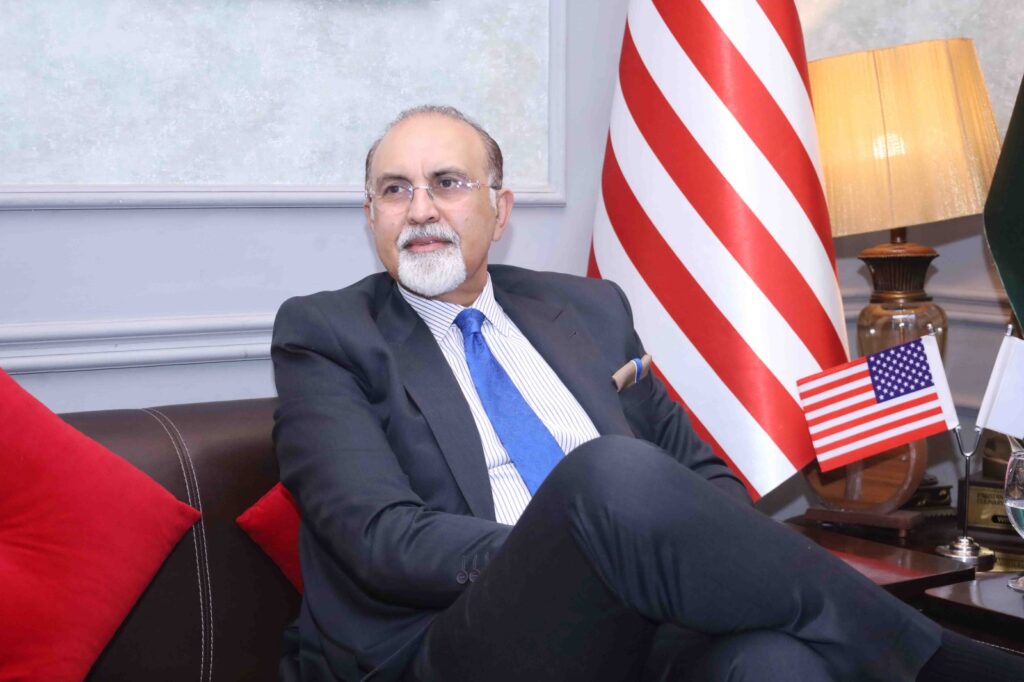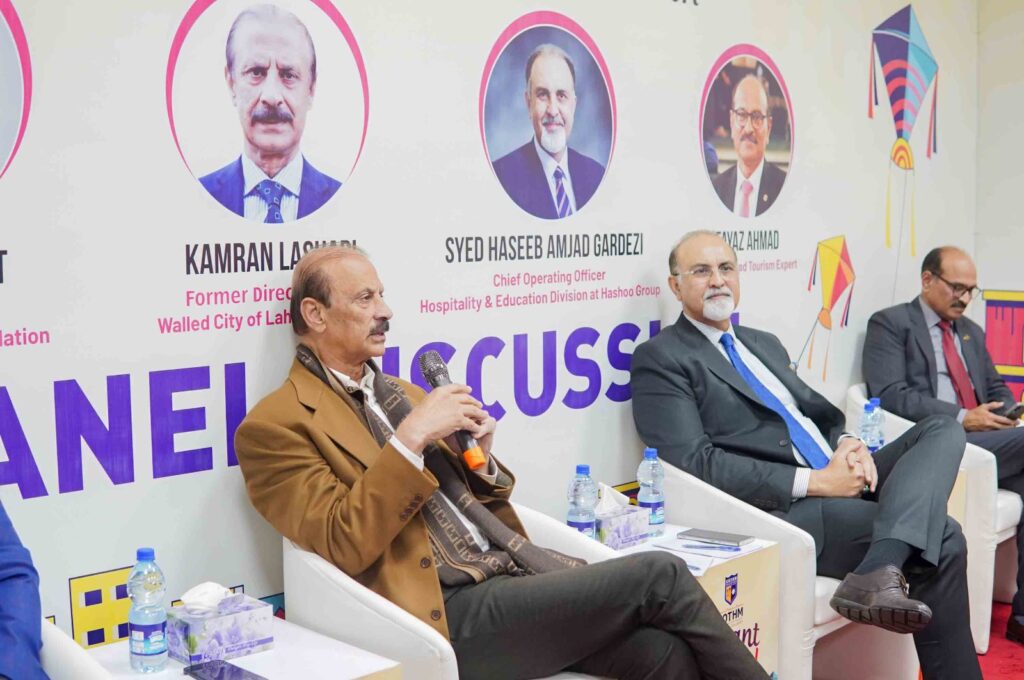The Senate Standing Committee on Overseas Pakistanis and Human Resource Development has emphasized the urgent need to overhaul Pakistan’s vocational training system. The move aims to improve the country’s low labour force participation rate and enhance the global employability of its skilled workforce.
Chaired by Senator Zeeshan Khanzada, the committee held a session on Thursday at the National Vocational and Technical Training Commission (NAVTTC), where members reviewed the effectiveness of current technical training programs and their alignment with domestic and international job markets.
Senator Khanzada voiced serious concern over the scarcity of skilled labor in Pakistan, pointing out that only 2 million out of a 70 million working-age population possess technical skills. “The labour force per capita is alarmingly low,” he remarked, urging a strategic rethink to compete effectively at the regional level.
NAVTTC officials presented a comparative analysis highlighting Pakistan’s labour force participation rate at 44.9%, which is significantly lower than that of Bangladesh (58.3%) and Vietnam (73.7%). Despite a 53% employment rate among NAVTTC-trained individuals and 25,079 trained workers securing overseas jobs in the past four years, the committee found the progress insufficient.
The committee was informed that 64% of skilled workers are in full-time jobs, 18% are self-employed, and Information Technology is the top employment sector (32%), followed by Construction and Energy (12%), and Banking and Finance (6%).
Senator Khanzada called for an expanded focus beyond IT to include heavy vehicle drivers, EV mechanics, welders, and technical trades vital for both domestic and international markets. He also stressed the importance of skill development in agriculture and livestock, branding them as “pillars of the national economy.”
A major concern raised was the outdated labour market data, with the last national labour survey conducted in 2021. The committee recommended that future surveys be based on the latest national census to ensure better policy planning.
Senator Zamir Hussain Ghumro highlighted issues in fulfilling provincial quotas and called for province-wise training partner data and sector-wise financial allocations to be presented in the next meeting. He criticized the reallocation of unfilled quota slots instead of readvertising them, terming it a sign of poor accountability.
The committee also expressed dissatisfaction with NAVTTC’s outreach efforts, particularly in rural and underserved areas, and stressed the need to increase awareness of training opportunities.
In a positive move, NAVTTC announced that students will now be eligible for loans through the Bank of Punjab and National Bank of Pakistan, backed by NAVTTC guarantees to support their education and skill development.
The meeting was attended by Senators Gurdeep Singh, Syed Kazim Ali Shah, Nasir Mehmood, Zamir Hussain Ghumro, and senior officials from the Ministry of Overseas Pakistanis and Human Resource Development.

